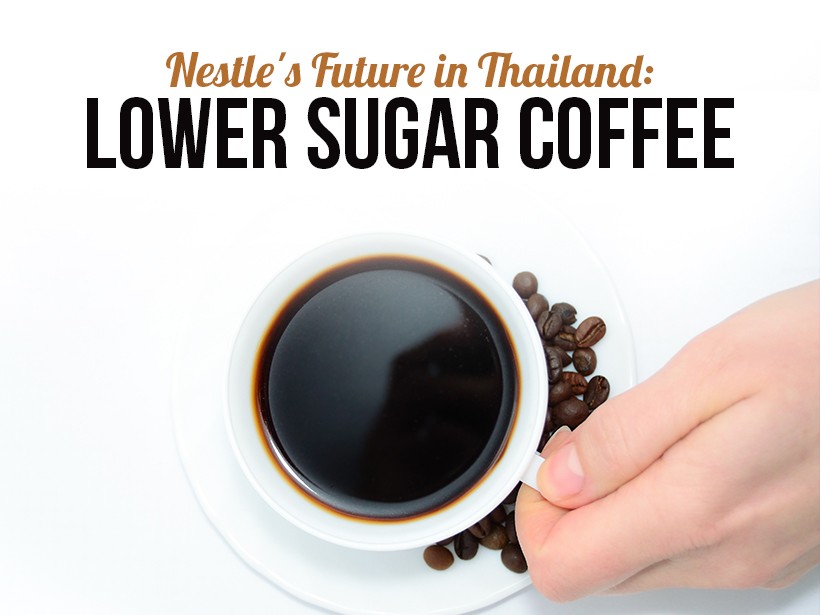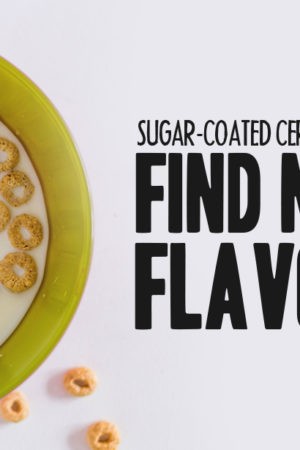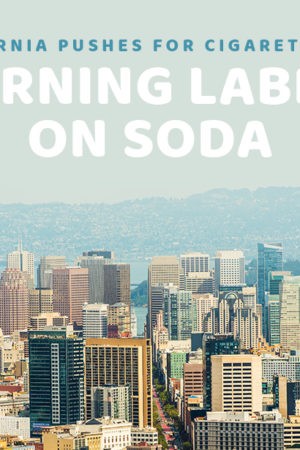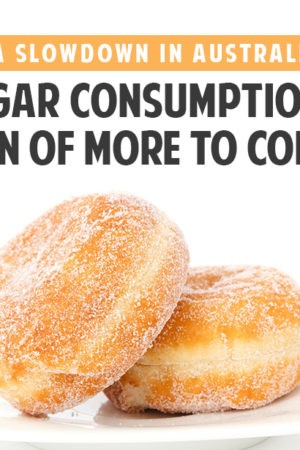Nestle, an international Swiss food and beverage corporation, is setting their sights on capturing a larger percentage of the Asian market in coming years. In particular, the company is developing low-sugar coffee beverages to appeal to the Thai market, where a large percentage of coffee drinkers are consuming white coffee. Nestle hopes to introduce more health-conscious options to Thai consumers and to raise awareness for the benefits of drinking and enjoying black coffee.
The booming Asian instant coffee market
If you are from a Western country and have never visited Asia, you may be surprised to learn that the majority of coffee consumed in Asian households is not brewed, but made from an instant mix. Historically a bastion of tea consumption, Asian consumers prefer instant coffee to the brewed coffee that is served in countries like the United States and in most European nations because electric water heaters (used for tea) can pull double-duty making coffee without the need for a separate appliance.
Now, more and more Asian consumers are ditching tea and drinking more coffee. An op-ed from Business Insider theorized that the boom was largely influenced by the pervasiveness of Western media in Asian culture, which largely features coffee-drinking over tea.1
One of the biggest emerging markets is in Thailand. Thailand's overall coffee market amounts to 18 billion baht a year, which is equivalent to about 576 million USD. Though Nestle owns approximately 42 percent of the market share in Thailand, they hope to expand their holding with a new product: Nescafe Gold Crema, a healthier alternative to white coffee.
A quest for nutrition
The Thai consumption of coffee is growing, but the majority of consumers are not enjoying coffee in a nutritious way. Ninety-five percent of Thai coffee drinkers are drinking white coffee saturated with sugar, flavoring, and milk. These add-ons largely negate the health benefits of drinking coffee and do not meld well with a market that is steadily focusing on adopting healthier habits and limiting the consumption of sugar.
After investing 450 million baht into research and development, Nestle Indochina has unrolled Nestle Gold Crema, a new instant coffee intent on providing the full flavor of white coffee with none of the sugar or calories. Nestle Gold Crema uses a slow brewing process that infuses flavor without added sugar.
What's in the future?
Nestle Indochina chairwoman Audrey Liow said that she hopes this new product will open the doors to a whole new range of coffee products that will help the Thai people enjoy the tastes they look for without the excess carbohydrates and sugar. However, she noted that this decrease in sugar will have to be gradual to appease consumers.
“Apart from the focus on premium coffee products, we aim to reduce the sugar quantity of Nescafe canned coffee by 1-2 grams,” Mrs. Liow said. “If we decrease the sugar levels in one swoop, people will have difficulty adjusting to the taste because Thai consumers like sweet things.”
NUTRITIONAL DISCLAIMER
The content on this website should not be taken as medical advice and you should ALWAYS consult with your doctor before starting any diet or exercise program. We provide nutritional data for our recipes as a courtesy to our readers. We use Total Keto Diet app software to calculate the nutrition and we remove fiber and sugar alcohols, like erythritol, from the total carbohydrate count to get to the net carb count, as they do not affect your blood glucose levels. You should independently calculate nutritional information on your own and not rely on our data. The website or content herein is not intended to cure, prevent, diagnose or treat any disease. This website shall not be liable for adverse reactions or any other outcome resulting from the use of recipes or recommendations on the Website or actions you take as a result. Any action you take is strictly at your own risk.
- Keto Drives Increased Calorie Burn - July 11, 2019
- New High-Protein, Low-Sugar Greek Yogurt Hits Market - April 1, 2019
- Can Going Low-Carb Fight Back Fat? - December 4, 2018































